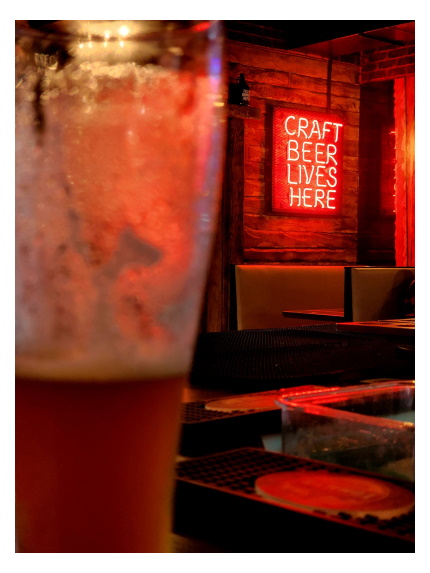
I am going to see a cardiologist today, and I’ve decided my opening statement will be this:
“I feel fine.”
Granted, I did have that heart attack recently, and the outcome of that story after an angiogram was that the doctors said I need a triple bypass. With my background, I was able to review things to an extent, but I’m not a doctor. I’m not a cardiologist. What I am, probably most importantly right now, is me.
So, to catch you up, I had the heart attack, spent 5 days in Port of Spain General/St. James medical, and left against medical advice to have an angiogram the same week instead of when they could schedule one and was told I needed the triple bypass.
So I started dealing with the bureaucracy and… well, I still am. I opted to see my psychologist about a month ago because… I was beginning to consider not doing the surgery because the bureaucracy inertia was stunning. In fact, she recommended the cardiologist I’m seeing today.
And if you’ve looked at the way the world is going, why would I want to stick around? I don’t see much incentive. Have my leg cut open for a blood vessel to be harvested, my chest cracked open with my ribs flexed, have my heart re-plumbed with the self-donated blood vessel and stapled up, wheeled out back onto the production floor of humanity? So I can try to figure out how to pay the bills just a little longer every day?
I expressed this to my psychologist. She seems to think I’m sane. Stunned, right? Yeah. I’m not suicidal, it’s not that I want to die but I’m not afraid of death. Life is what worries me, particularly when I don’t really have a plan.
Is the immediate solution the best long term solution?
And I feel pretty fine. On this previous Friday, the electricity where I live was suspect1, so I ended up wandering around rather than baking in my home. My almost-smart watch, which I might label a ‘useful watch’ rather than a ‘smart watch’, counted 10,000+ steps that day, where I’d been around 6,000 steps a day prior. Seeing that, I decided to become more active and see if I had any issues.
Averaging roughly 6,000-8,000 steps since then, I still don’t feel like I need surgery. But to be fair, I have been diligently taking my medications with few mistakes, and I haven’t been going to exercise. This is just my regular activity, with spikes and lulls.
I’ve seen the results of the angiogram. It seems scary, but I’m not scared. I actually do feel fine.
I do have a high threshold for pain which could be masking things, so I’m in the odd position of ‘flying by instruments’ when the instruments and the view from the cockpit aren’t lining up for me.
Of course, I expect the doctor will want to do tests. He’ll want bloodwork. An ECG. I expect all of that.
Meanwhile, I got the next ‘last document’ I need to go to get in another line related to the surgery, which is not as important as it was immediately after the heart attack, at least to me. I joked that it may be the strategy of the health system in Trinidad and Tobago that I die before I get the surgery, thus helping with a budget somewhere.
In the end, in these systems, we individuals are not that important. And there’s been regime change, too, so who knows what will happen. The different political parties and their followers have to deal with the different politics of the civil servants, and somewhere in the head of that needle I have to take care of myself.
So, off I go. And oddly, I feel fine.
- Phase issue. Rather than destroy electrical appliances, I turned everything off. ↩︎








 I’ve taken to taking weekends ‘off’ to a degree, which is likely a bit odd for many people who read this since the majority of people already do that, and have done it for some time.
I’ve taken to taking weekends ‘off’ to a degree, which is likely a bit odd for many people who read this since the majority of people already do that, and have done it for some time.
 If you were to ask my friends, you’d probably hear about my irreverent humor, my above average cooking (I’m no chef), or the parallels between myself and a certain Lannister of short stature.
If you were to ask my friends, you’d probably hear about my irreverent humor, my above average cooking (I’m no chef), or the parallels between myself and a certain Lannister of short stature.
